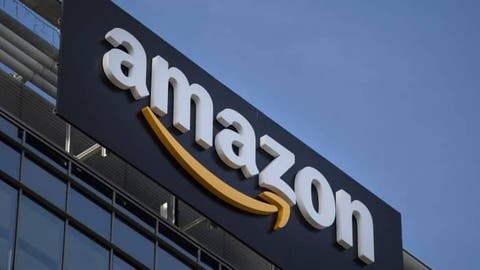Unfortunately, several European countries are is in a full emergency due to the coronavirus pandemic and Amazon is also forced to change its operating methods to cope with it.
If in recent days the well-known e-commerce site had announced that orders for goods not of primary necessity could have been delayed in order to allow the company’s logistics to give priority to the delivery of essential products, yesterday evening the introduction of an even more drastic measure was announced, also to protect the health of the many workers employed in the sorting centers.
Amazon will stop accepting orders for non-essential goods in Italy and France
From today, March 22, in fact, Amazon will not accept orders for some non-essential products in Italy and France. But all orders already confirmed will be regularly shipped. This decision does not affect orders placed with third-party sellers who do not use Amazon logistics.
“We will temporarily stop taking orders on some non-essential products on Amazon.it and Amazon.fr,” Amazon.com said in a statement. “This lets fulfillment center associates focus on receiving and shipping the products customers need most at this time.”
More than 274,800 people have been infected with coronavirus across the world. In addition, 11,389 have died, according to a Reuters tally. In Italy, the death toll rose by 18.4% on Friday, reaching 4,032. France reported 78 new deaths on Friday, reaching a total of 450.
“Effective immediately, Amazon will stop receiving FBA (fulfillment by Amazon) orders from customers on non-essential products on its Italy (Amazon.it) and France (Amazon.fr) site, so that operations employees can focus on fulfilling and delivering on the orders that consumers need the most now,” according to a message Amazon.com sent to Chinese sellers over the WeChat social media platform.
The announcement was made to China-based sellers who may see their businesses taking a hit. Chinese sellers account for 45% of active sellers on Amazon.fr, and 44% on Amazon.it. This is according to data from Marketplace Pulse, an e-commerce research firm.

